Brisbane Women’s Club is committed to providing leadership around issues of public importance for women and we see the under-representation of women on boards as being a critical issue that contributes not only to gender inequality but also to less than optimal organisational performance and productivity.
A recent report commissioned by the Department of Communities, Child Safety and Disability Services, Office for Women and Domestic Violence Reform entitled Toward Gender Parity : Women On Boards Initiative found that:
there are positive economic impacts associated with achieving gender parity that spread across organisations, society and the broader economy. Further action could be taken of Queensland boards to support the achievement of gender parity. The implications for Queensland are the loss of potential organisation performance and economic growth because of insufficient action to achieve gender parity on boards. Barriers to achieving gender parity in Queensland include inadequate commitment, accountability and leadership by key leaders within organisations, ineffective recruitment processes which prioritise informal networks, gender stereotypes rather than providing an equal opportunity for all candidates, and the potential limiting factors of legislation. Success imperatives to overcome these issues focus on the seven facets framework which addresses the barriers to gender parity.
As part of a suite of initiatives under the Queensland Women’s Strategy 2016-21, the Queensland Government has set gender equity targets for Queensland Government bodies to be achieved by 2020:
- 50% of all new board appointees to Queensland Government bodies must be women, and
- 50% representation of women on the boards of Queensland Government bodies.
Find out more.
BWC is supportive of the work undertaken by the Office for Women and are working to provide resources and information to our members to help them equip themselves to become board ready.
Our 26 July 2017 joint event with Australian Institute of Company Directors provided an audience of more than eighty women with valuable tips and advice on how to prepare for or strengthen a career path as a board director. The key message from panellists Belinda Drew, Rachel Hunter, Carol Lewis and Bronwyn Morris, who are all experienced Board Directors and recruiters, was that women wanting to move onto boards need to understand their personal value proposition and to demonstrate their capacity to drive organisational change.
Working as part of such a diverse environment however requires its own skill set over and above those traditionally required for board positions and the panel was clear that one of the most important characteristics any board member can possess is interpersonal maturity.
The panel also agreed that the need for thorough research on an organisation and its current board was essential before even considering an appointment as reputational risk so early in a board career could be devastating.
In fact, this research and due diligence was really identified as being the other key factor in developing a successful board career. When considering a board application, the panel urged attendees to spend time getting a deep understanding of the organisation and its values and then assessing whether they matched their own personal values. A synchronicity of this values is essential if you are to be able to add value to the organisation and to assist in driving it forward.
Overall the key areas of advice that were agreed upon by all panellists included:
- Know what you have to offer – it is essential to understand and be able to sell your own personal value proposition – approach any board interview able to articulate how you will add value to a board and its organisation
- Do your homework– undertake due diligence to assess the current state of the organisation and the board but also to get a thorough understanding of the organisation and what it stands for
- Use your connections – assess the current board members and evaluate where you may have network links and use them to your advantage. Let your contacts know that you are considering applying and get them to recommend you. This is an area where men are often a lot more confident than women but is crucial to your success.
- Focus on your strengths– the panel observed that many women tend to hold back from applying until they feel 100% qualified for a role or, when interviewing, focus on apologising for their weak points and that this was very different from a male attitude. Women need to sell their strengths more and focus on what they can rightfully claim. The men are that you are up against will be!
- Work on resilience – non-executive director appointments can be very involved and often require a lot more time than anticipated. You may also be exposed to whole new areas of stress and responsibility so it is important that you are resilient and kind to yourself.
- Cultivate strong interpersonal maturity– this will allow you to offer your best in a diverse team environment.
- Think long term and don’t over commit– you need to allow enough time in your schedules for the demands of any one board appointment to grow but also approach each appointment as being long-term. Being appointed to a board and then bailing out too soon for any reason is a serious reputational risk.
In terms of finding open board appointments, the panel recommended a few pointers:
- Review ASX and government listings as these will show you when positions on any particularly boards will become available – then you can approach the nominations committee to register your interest.
- Register to be notified of any relevant Government board vacancies on the Queensland Register of Nominees.
- Look for advertised positions in the newspaper.
- Tell your networks that you are looking – your contacts will often know of positions or can connect you with other serving directors.
Resources
Office for Women’s Women on Boards Resources


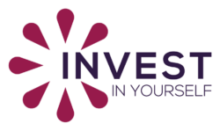
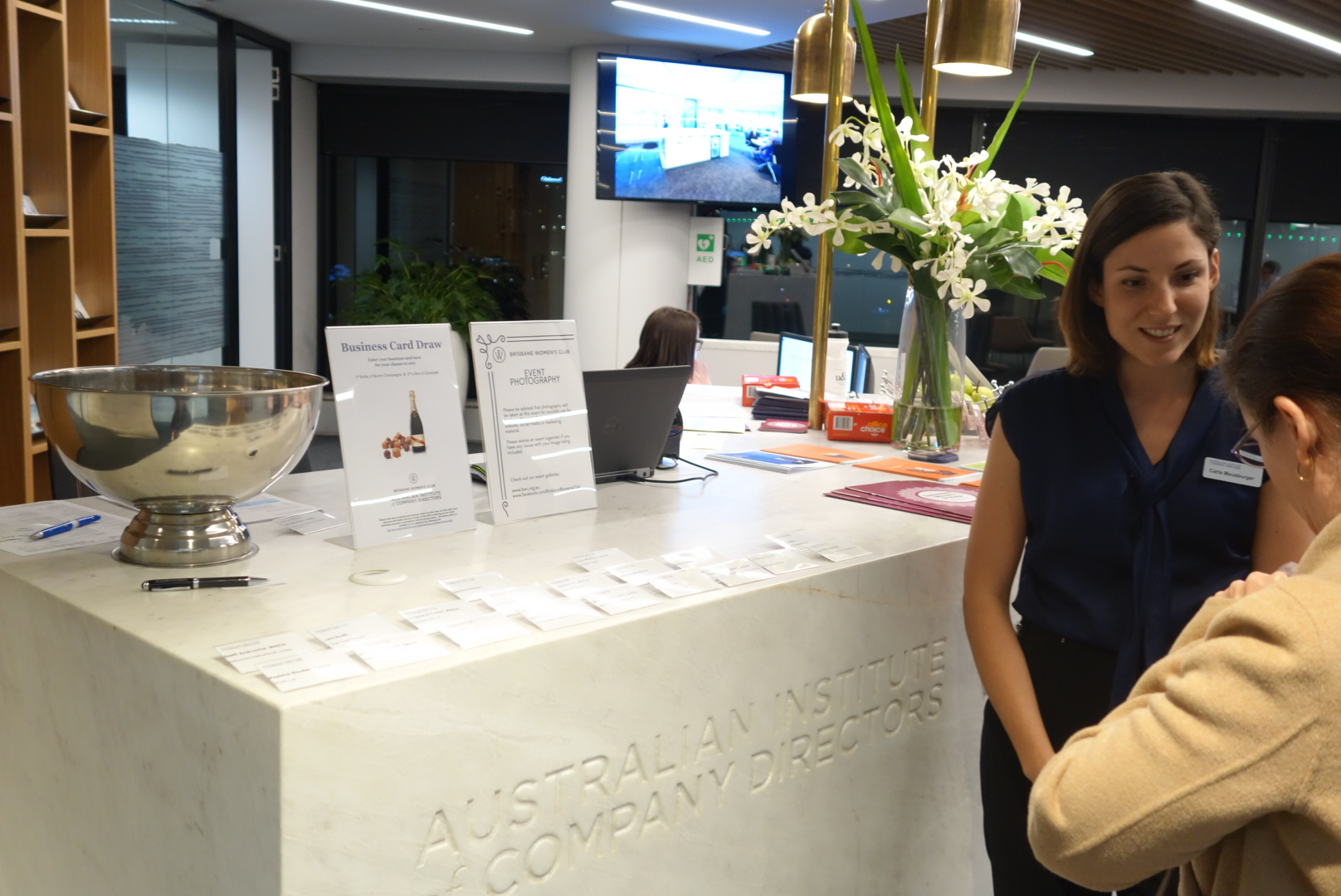
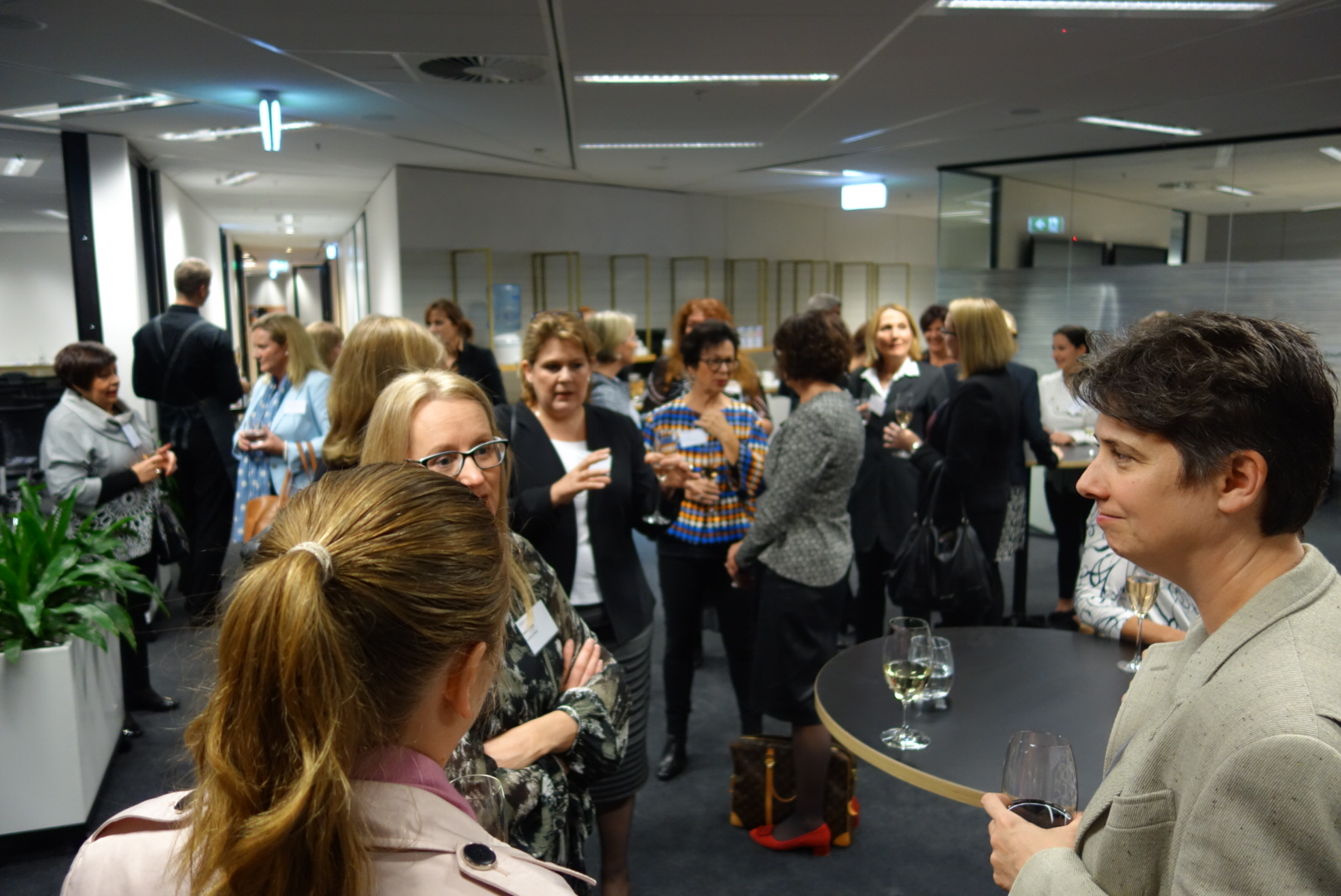
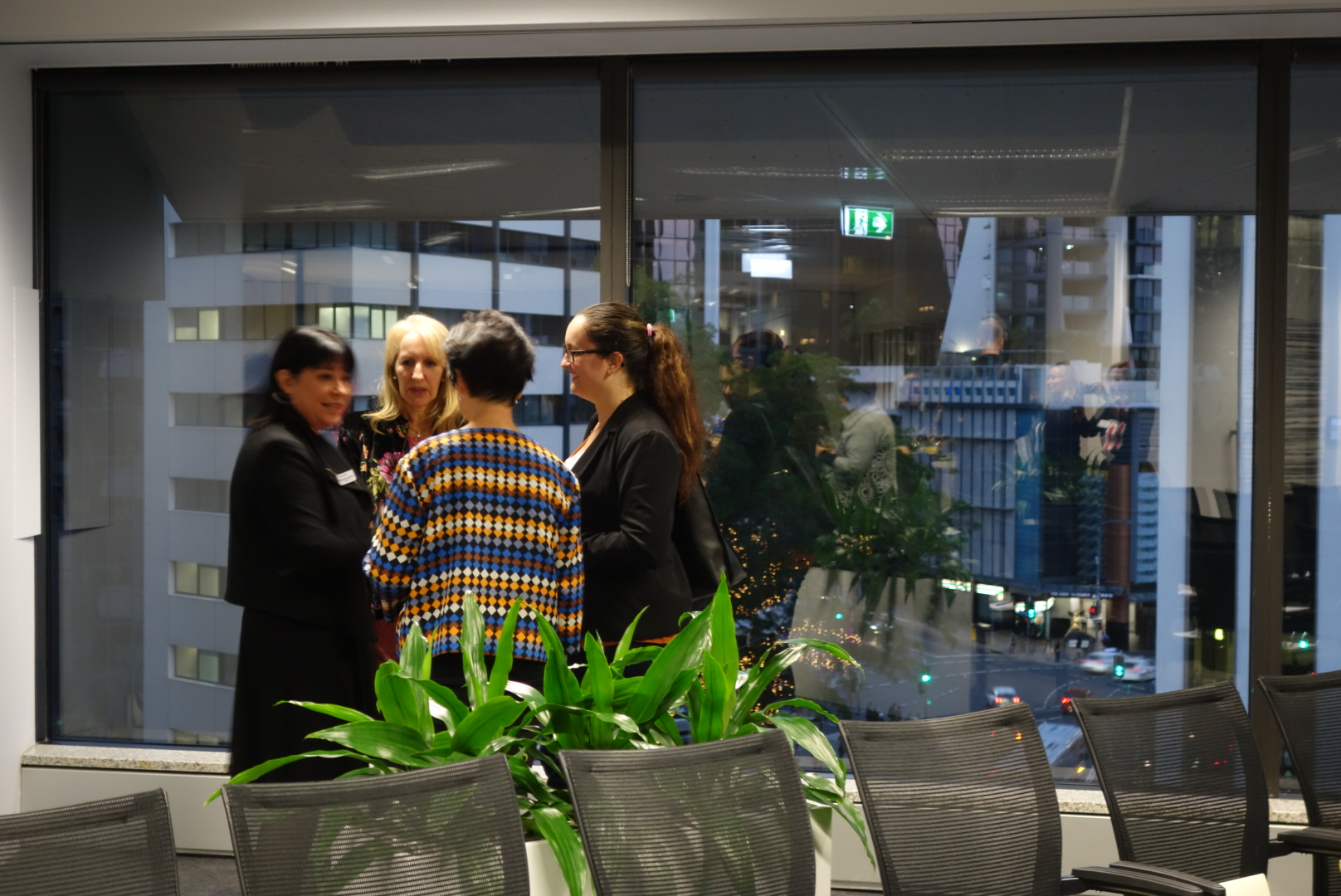
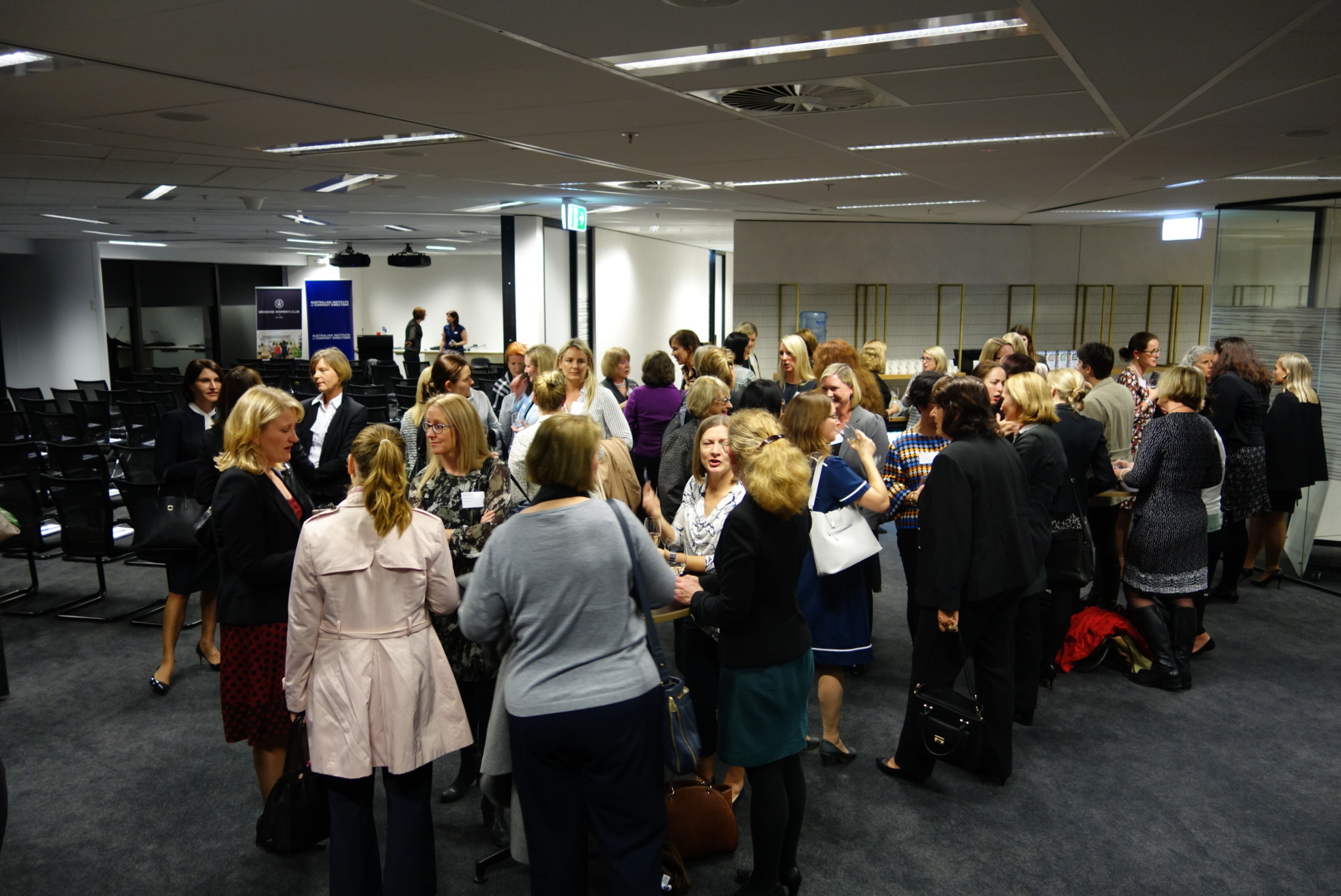
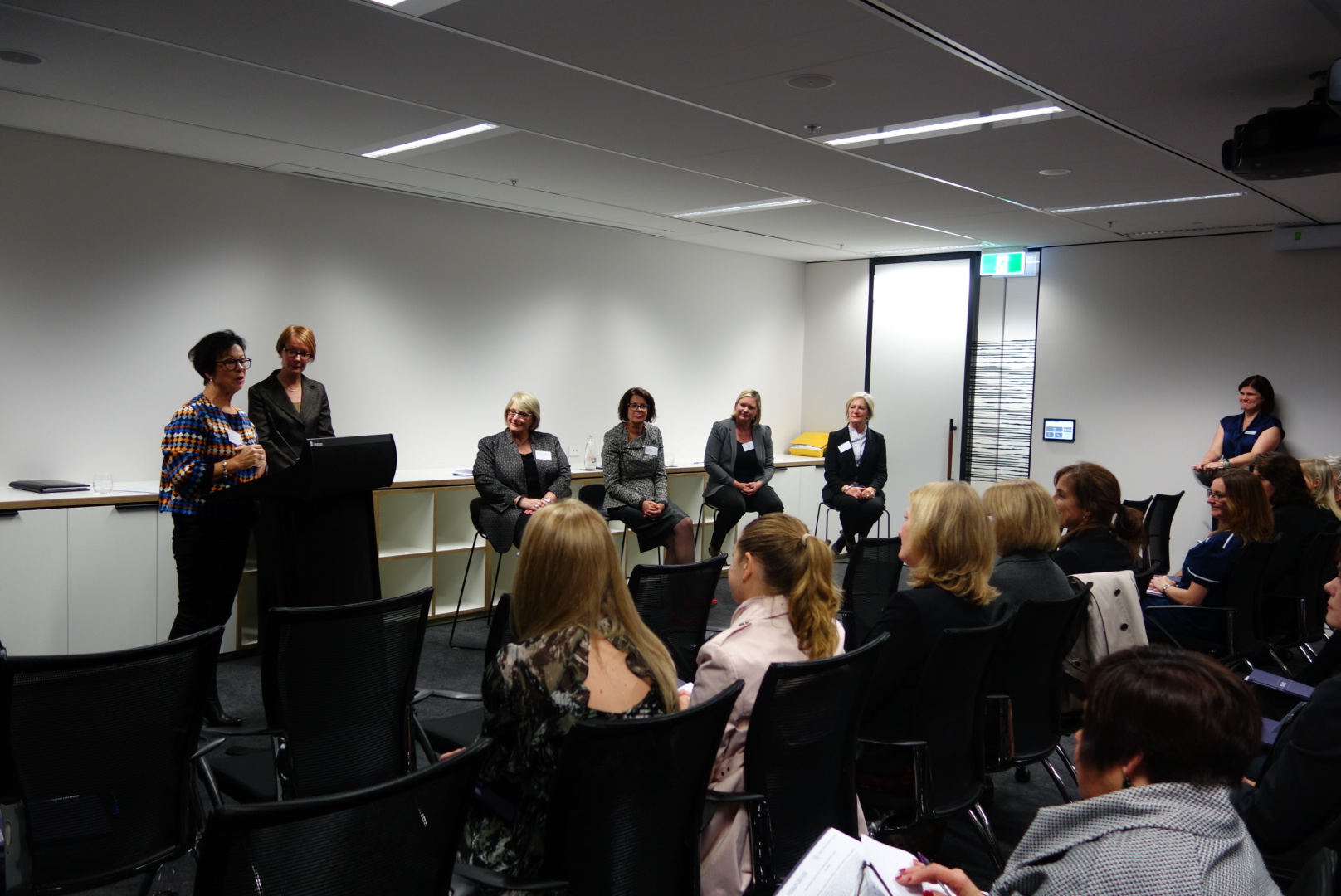
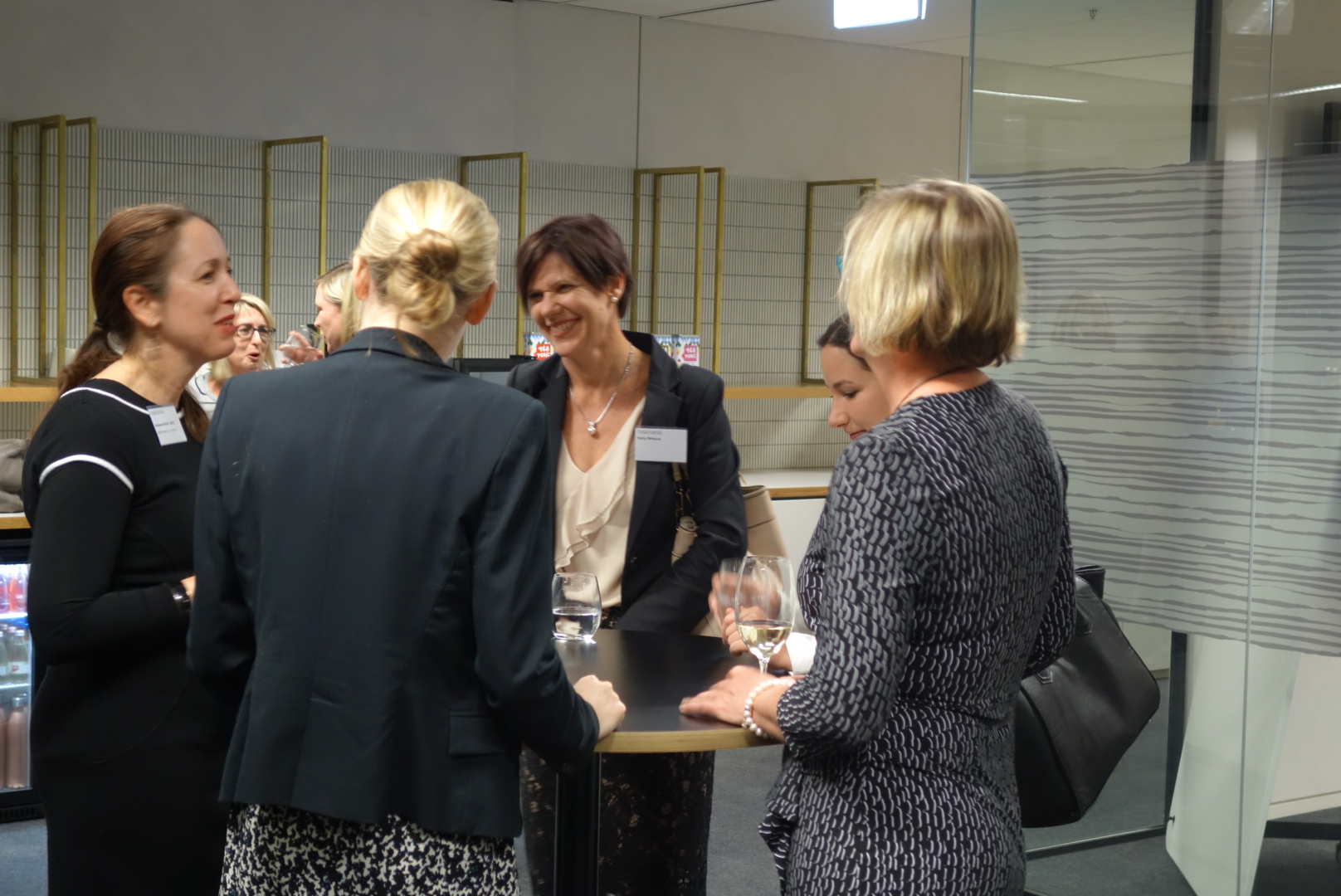
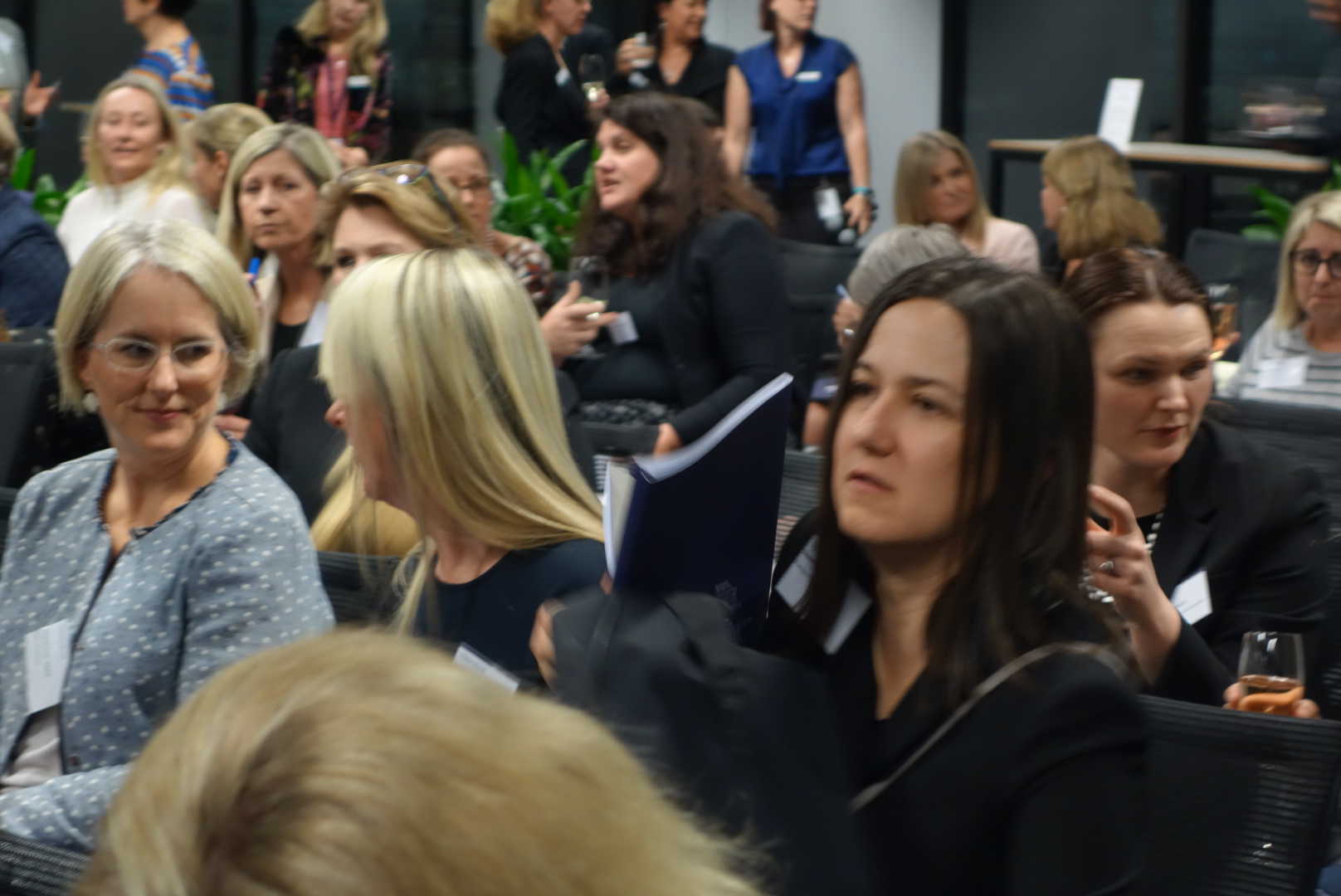

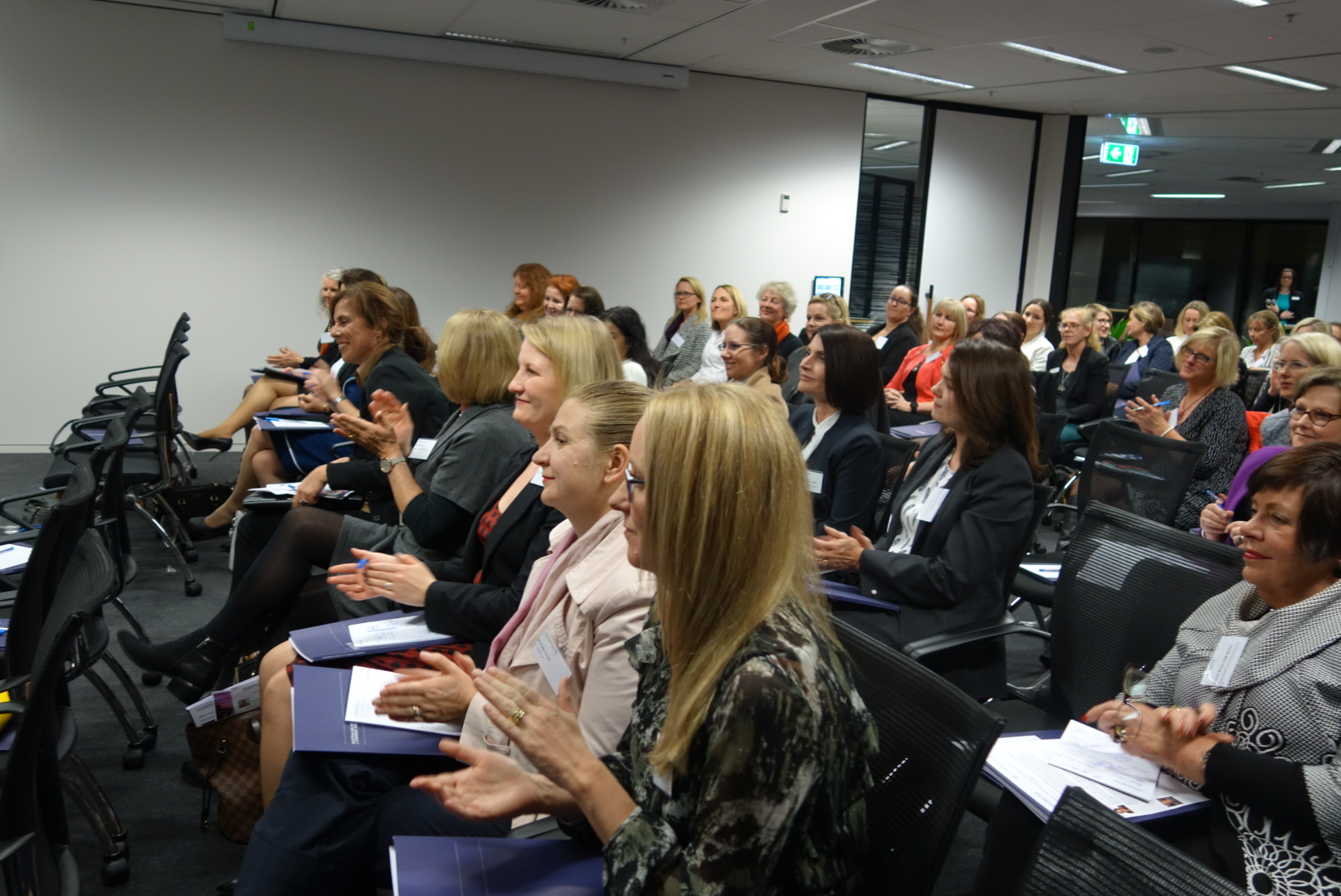
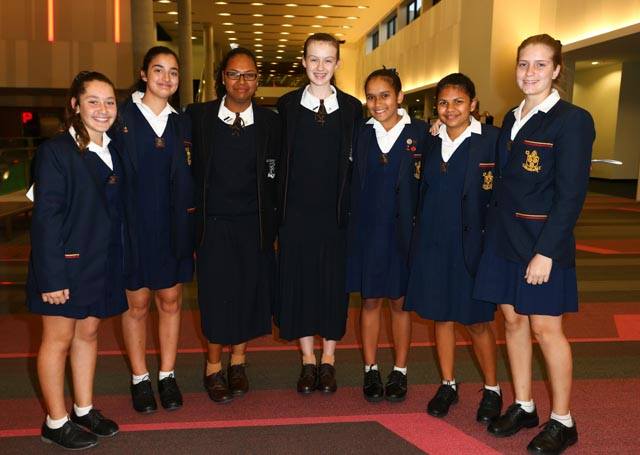



![IMG_2886[4]](https://cdn.bwc.org.au/wp-content/uploads/2015/11/IMG_28864-300x200.jpg)
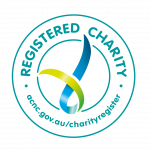
Social conditions of Queensland Women
We provide opportunities for volunteering, fundraising, campaigns and awareness of key social and political issues affecting the lives of women in Brisbane and Queensland. Our key project in this area for 2015, is the support of domestic violence charities in the region.
Our 2015 grants program provided $20,000 to the Women’s Legal Service to support the launch of their Our Safe State project, a domestic violence prevention program for rural and regional Queensland.